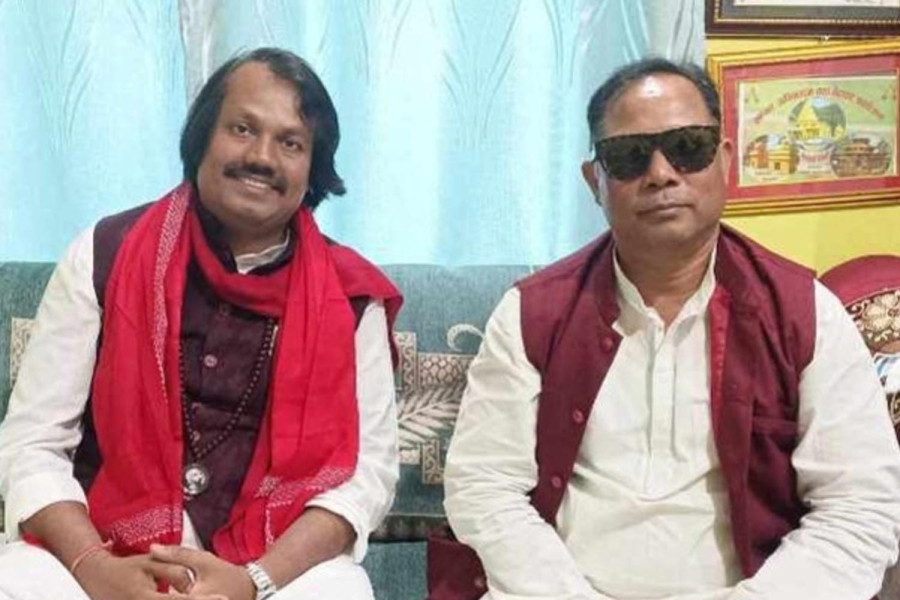Editorial
Make the merger work
Two new parties in Tarai-Madhesh uniting to raise common issues signals a maturing of Tarai politics.
Political parties in Nepal tend to unite and break down based on electoral calculus. There seems to be new urgency in smaller parties to band together as the government mulls amending the Political Parties Act, making it easier to split parties, while increasing the vote threshold for smaller outfits to get national party status. In the latest instance of such a merger, the Madhesh-based Janamat Party and the western Tarai-based Nagarik Unmukti Party (NUP) have finalised their unity. The new outfit is to be called the Nagarik Janamat Party. While Janamat chair CK Raut will also chair the new party, Resham Lal Chaudhary, the incumbent NUP patron, will act as the new party’s patron as well. Their announced merger comes just a few days after Madhesh-based parties, including the JSP and the NUP, formed the Federal Democratic Front, with the common goal of completing the incomplete task of constitution amendment and rooting out corruption and inefficiency. The formation of the Nagarik Janamat Party is a particularly interesting development as it pools the strengths of two parties with strongholds in different identity groups, with younger Madheshis plumping for the JSP while the Tharus support the NUP.
Regionally, the JSP is stronger in the eastern half of the Tarai-Madhesh while the NUP base is the western half. The two aim to build a pan-Madhesh party that appeals equally to native Madheshis as it does to the native Tharus. Theoretically, this is an amazing idea, with these two new proponents of identity-based politics deciding to consolidate their vote banks. Yet, practically, there will be challenges galore. Start with the fact that the Tharus are reluctant to call themselves Madheshis fearing the dilution of their fight for rights and recognition. During the time of constitution writing process, the Tharus refused to be a part of the ‘One Madhesh’ that other Madheshi parties were championing. The question of identity is trickier still in Madhesh. Most places in Tarai-Madhesh continue to vote along caste lines. Thus getting the Tharus to vote for Madheshi leaders, and vice-versa, is not going to be easy. The personality cults in the new outfit will also be tough to manage. There is already a dispute about the designation of Ranjita Shrestha, the current NUP chair, as ‘third in command’, a title Shrestha appears reluctant to accept. Even before, the argy-bargy between Resham and Ranjita, husband and wife, had hobbled the NUP.
Party mergers in Nepal are done mostly for short-term gains and as such do not last. But as difficult as the task of building a pan-Madheshi political identity is, it is worth trying. Two promising parties in Tarai-Madhesh uniting to raise the common issues of the region will signal a maturing of politics in the Tarai belt. The new forces can show to old ones that it is not impossible to bridge caste and ethnic divides and work on a common vision of regional prosperity and development. Yet this is not something that will happen overnight. The question is: do the likes of Resham Chaudhary and CK Raut, both of whom have emerged as breath of fresh air in Madheshi politics, have the required patience?




 18.12°C Kathmandu
18.12°C Kathmandu














